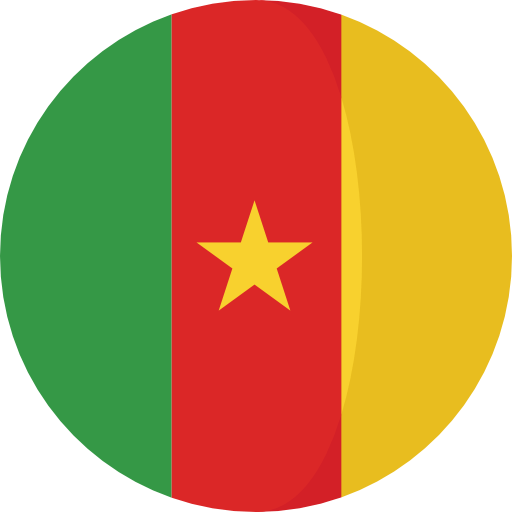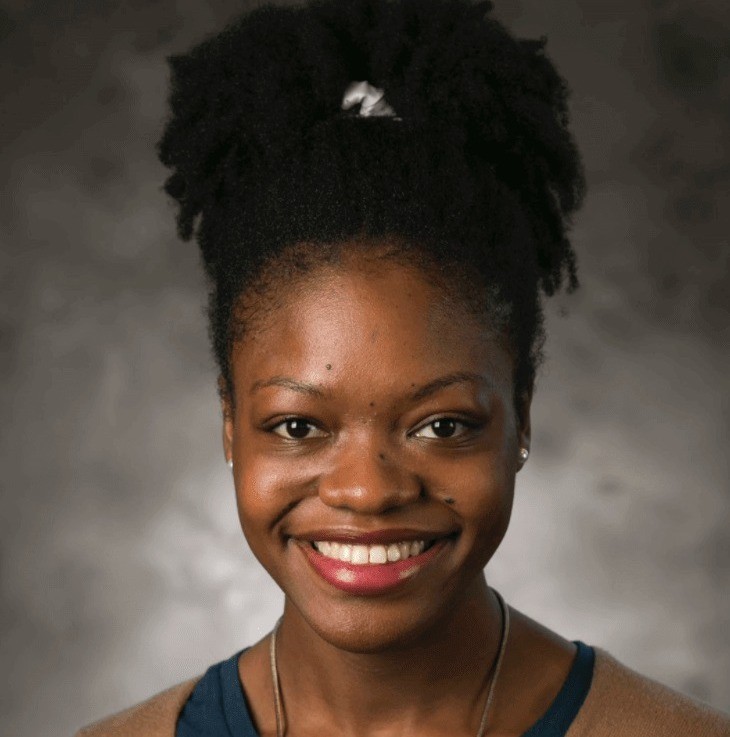What is your educational background?
I received my BA in Biochemistry in 2017 from the College of Saint Benedict in Saint Joseph, MN.
What is your current occupation?
I’m currently a 4th year Pharmacology PhD Candidate at Duke University, identifying metabolic vulnerabilities in Epstein-Barr Virus-infected B lymphocytes, which could eventually be translated into targeted therapies against viral lymphomas.
What or who got you into STEM?
I first became interested in STEM after conducting an osmosis experiment using a potato in my primary school. It was the most exciting thing I’d ever seen, and ultimately marked the beginning of my scientific career as I know it.
What is the biggest challenge/barrier you have faced as an African in STEM?
I won’t necessarily consider some of my challenges as being barriers as they were in many ways, motivators, but, one of the greatest challenges being an African woman in STEM is the sheer lack of representation of others like myself, particularly in research. Growing up, my idea of what one could do in the world of STEM was pretty much limited to medicine or engineering. It wasn’t until I had the opportunity to engage in a summer research opportunity after my first year of college, that I realized that a career in scientific research was possible – and an exciting one at that.
How do you think your background/upbringing has been beneficial in your journey/career?
Having spent a significant portion of my life in Cameroon, I find myself constantly thinking about the various ways I can use my scientific training and background to improve health outcomes back home in Cameroon. This home-minded perspective is what has kept me motivated throughout my journey, especially now as a PhD student.
How do you think we can start to change the narrative surrounding African contributions
to global STEM research & careers?
Visibility is an important part of changing the narrative. Shout out to VSA for creating such an amazing platform for African scientists across so many fields and walks of life to be seen! Additionally, many of the misconceptions about African contributions in STEM research ultimately affect our own communities the most. Therefore, I believe being engaged in various forms of outreach with our immediate African communities can also help change the narrative by inspiring the next generation of African scientists.
What advice would you like to give to young, aspiring Africans in STEM?
Find a mentor who is in a field you are interested in, and ask them many questions about their journey and experiences. Also, be you! As cliché as this sounds, there are going to be times where you feel like minimizing certain aspects of yourself to make others feel comfortable, but try to remember that your strength lies in the very thing that sets you apart. Also, as much as you can, try to define your “why” early on so that when things get tough (and trust me, they will), you have a tangible reason to keep going. Lastly, don’t forget to take care of yourself! Having a “why” without a healthy “who” would be counterproductive, so be sure to have fun along the journey and take scheduled breaks for yourself as needed.





